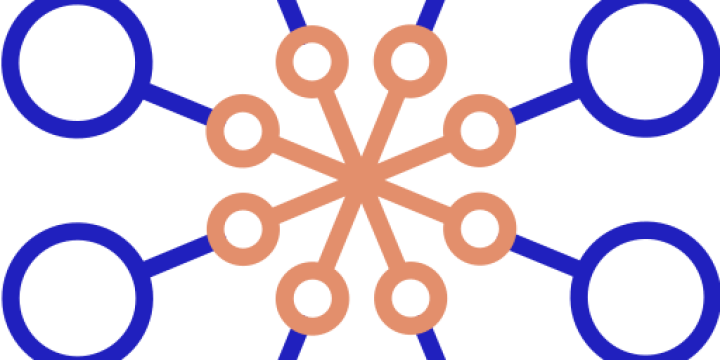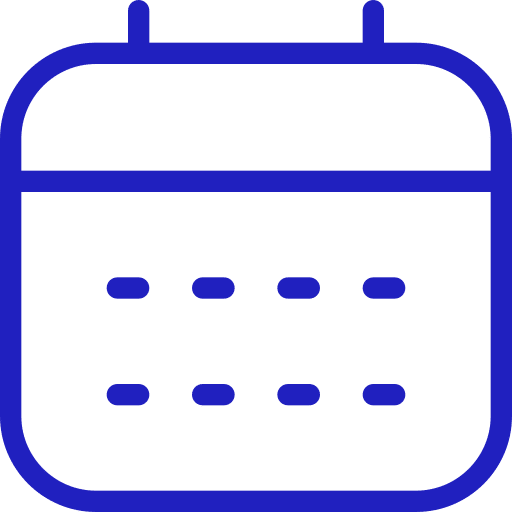News & Insights
A Message of Solidarity to Friends and Colleagues in Ukraine
This week, you’re not going to get your regular Week in Parliament column. This week, our usual brand of whimsical commentary seems somewhat inappropriate, so we’re going to give the space over to a consideration of democracy and what it means, and why it should be fought for.
Here in the UK, we are very lucky. We’ve had democracy in various forms for a very long time (albeit very imperfectly up until the last century or so). We’re used to the idea that we don’t really have to fight for our rights to it, certainly not physically, and there are limited numbers of direct threats to it. In many parts of the world, even in Europe, that is still not a given. This week, we have seen that highlighted in the starkest and most unfortunate of ways.
We often have discussions in the Institute about what, and whether we should take active positions on different political issues. It’s very important for us to remain politically neutral, and to not be seen to pick one side or another for political reasons. We have an entire standing committee devoted to debating and settling these things for the Institute, and giving us guidance on how we should balance these competing interests.
There is one issue however that we do not feel the need to equivocate or debate on, because it goes to the heart of what the Consultation Institute is, and the core of our values and work. That issue is democracy. In the modern era the word democracy has acquired a clear meaning- that all citizens should have the fundamental right to contribute to the development and actions of the state, whether that be directly or indirectly. There are many different forms, some of them more genuine than others, but all of them purport to give the people a right to deliberate on state processes.
We should be clear, democracy will never be perfect and states that purport to have a perfect democracy often fall into complacency and start letting their democracy slide. It is a responsibility for all of us to support, uphold and attempt to improve our democracy. In large part, that’s what consultation and engagement is about, enabling a broader range of voices and empowering citizens to better contribute to their democracy. We’re lucky that we have a strong tradition of that, and a strong framework for it within the broader context of our liberal democracy.
Where there is no democracy, or the democracy that is present is corrupted somehow a better, more fair democracy often becomes an aspiration, something to fight for, often at great personal risk, and in the face of brutal oppression and malignancy. In recent years, we’ve seen a lot of revolutions and protests attempting to drive this change, some of them successful, some of them less so.
One of them was in Ukraine, where the Euromaidan protests invited in sweeping political change, and lead to a renewed interest in democratic improvement and enhancement. In the years since 2014, Ukrainian citizens and organisations have worked hard to cement the changes and ensure that the new political systems were strengthened, and the citizenry could better contribute to society and politics.
Their efforts have been inspiring. In the interests of full disclosure, we have been privileged to have had some peripheral involvement in supporting some of these efforts around consultation and engagement, and our contacts with civil servants, politicians and ordinary Ukrainians has been heartening, and has reminded us of the value of democracy, and the passion that we sometimes don’t see in countries where democracy is taken as a given.
The current situation has placed all that development and change at risk. The Ukrainian military is fighting a valiant action, and civilians are taking up arms in defence of their hard-won freedoms and their right to democratic government. As we write, the invading forces are attempting to surround Kyiv, the Ukrainian capital. No-one knows what will happen next, but it is likely to be vicious, bloody and painful.
In the modern world, there is no such thing as a truly isolated bystander. The internet has brought us many benefits and it has also restricted our ability to ignore inconvenient truths, and bury our heads in the sand. Where there is a point of principle at stake, in this case the right of citizens to play a proper role in the administration of their home state, it is simply not enough for us to pretend it’s not happening and remain silent. We should all stand up and be counted.
It is in this spirit that we are writing this message, to express our support, friendship and solidarity to friends and colleagues in Ukraine, indeed to everyone in Ukraine who believes in democracy and freedom.
The tCI Team
More news
We’re relaunching our Thursday morning sessions from February, and we want to know what you’d like to explore Good news:...
Public consultation is entering a new era of digital innovation. Autonomous AI agents promise to analyse thousands of consultation responses...
Public bodies often ask the wrong question. They ask whether they consulted enough. The law asks whether they used good...







